What is Decarbonization?
Driivz
JUNE 22, 2022
Decarbonization (or decarbonisation) is reducing the amount of carbon dioxide (CO2) released into the atmosphere as a component of greenhouse gas (GHG) emissions. Deep decarbonization should also address reducing CO2 emissions in the manufacture, transport, and disposal of road vehicles and their components.

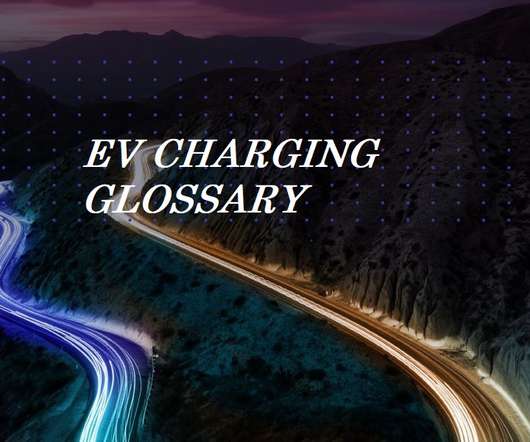
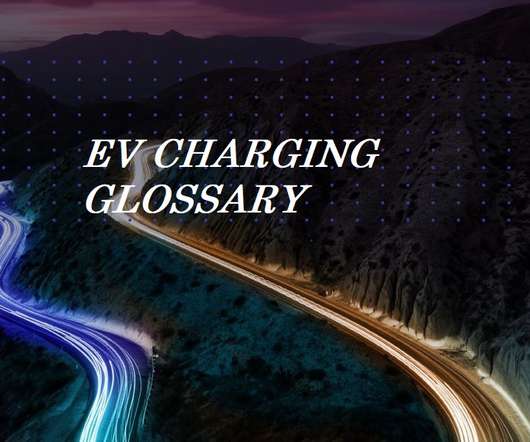
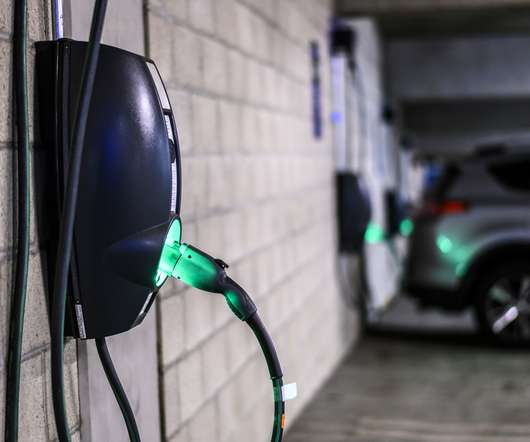
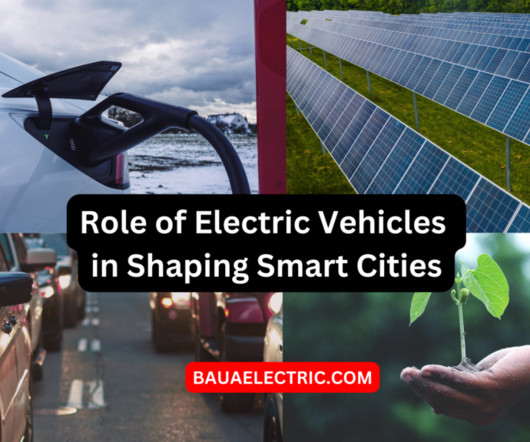

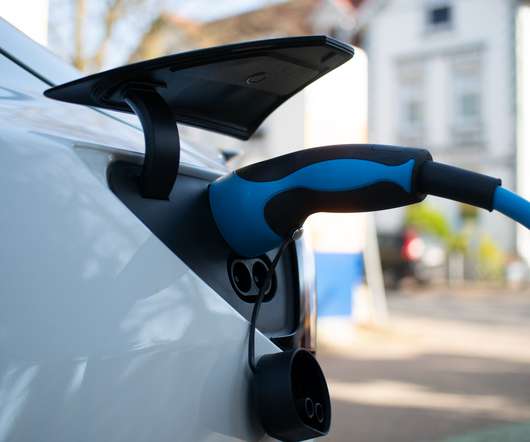






Let's personalize your content